I'd never seen my father helpless before, dependent on doctors and nurses
for everything. Clark's illness equalized us, aligning him with my past and present
deficiencies. His new status as a sufferer meant he'd joined humanity. Or, at least,
my kind of human being. I'd always assumed he'd separated himself from the normal
laws of biology. Long denying emotional attachments, I accepted that he as a
thorough-going, American, Midwestern trait, unique among our species. In fact, I'd
that affliction, not Clark.
Standing near Clark's bone-thrusted body, tubes, needles, monitors, oxygen,
and intubation intermeshed with a once proud and sovereign man, I felt oddly
comforted. The future maimed and killed. I flew from the West Coast to see my
father in the heartland.
"He's in room 527." I walked slowly, figuring if I killed time, he might die
before I arrived. Or maybe I was plain scared of him, postponing my worst
scenario. Yeah, I was one twisted son.
"Is he conscious? Can he speak?" I asked the doctor. He answered affirmative
to both questions.
My thighs pressed against the bed. An English major, my literary aspirations,
how I wanted to write about my suburban upbringing, exposing it as fraudulent.
Updike, Roth, Cheever, Yates, Salinger: many had already covered that territory.
I proved only that I was an artist manque, a failed writer. I wrote occasionally,
whenever I felt like it. I preferred sitting in a lounge chair, drinking beer or green
tea, reading, listening to music.
"Sometimes he talks about your mother," the doctor said. "He's on lots of pain
medication, which cause hallucinations."
"Does he make sense?" I asked. Clark had always made sense.
"You'd know better that I," the doctor said, leaving us alone.
Great, now Clark and I could swap drug tales. I'd tell him about acid trips,
the vibrating, cosmic mandalas i'd seen while sky-high. Maybe about
shooting crystal, crashing, and almost hanging myself. Or about the time,
high on cocaine and mescaline, alone in a SRO hotel, a borrowed and loaded
.357 magnum in my hand, wanting to shoot early morning garbage collectors
because their noise inferred with Pink Floyd CD.
"Dad, it's me, Bobby. Can you hear me?"
He showed a Tibetan Bardo state, but I couldn't remember whether Bardo
represented sequences after or just prior to death. I'd often shouted in at him
that he was a walking dead man. Perhaps if he recovered we could travel to
Tibet and learn about Bardo. Maybe that would re-unite us.
I walked out of the room. Connection was impossible. I drank espresso in
the nursing home's dining room. Starbuck's has at last come to the Midwest.
The New Yorker, People, Atlantic Monthly, New Republic, and Utne Reader
laid on a table. Clark and I had inhabited a closed world. Now, the world opened
up for everyone. But too late. After caffeine, my West Coast brain downloaded,
and I clicked swiftly back to Clark's room.
"I just saw Clark raise his arm," a nurse told me.
"Must take great effort," I said. She grimaced, and I realized how false that
sounded.
"Stay with it. He'll come around," she said, and left.
"Dad? Can you hear me?" He lifted his arm slowly, touching my forehead and
hair.
"Death...not for sissies," he murmured. Though a cliche, yet from his perspective
it was an original phrase.
"Life isn't for sissies, either," I said. I placed my hand in his, patting it. Physical
contact like that was an unspoken taboo. Quickly I removed it, favoring a solid
handshake, something we'd done at night before going to bed.
"How you doing back there?" he asked. Couldn't he say "West Coast"? Was
that anti-Midwest?
"OK. I own a second-hand bookstore, sell books on the Internet," I said. "I
could make good money on a book auction."
"Own a house?" His first home: I had the photograph taped to my wall. Defining
success, its glory and pride, something I'd not achieved.
"I rent a Victorian fixer-upper. You should see it." Had that meant I wished him
health, getting well and actually sitting in my living room? Or that I'd tell others
that Clark should have seen it, but died before he could?
"I loved our home," he said. I barely heard him.
"I hated the linoleum floors, that narrow hallway, the chintzy outdoor furniture in
the family room. The high-tech medical equipment blasted like thrash metal vids
from soldiers in Iraq. I no longer lived behind the wire, Clark water-boarding me
into submission. Get out of the Green Zone I mentally screamed at him.
"Your way never worked," he said.
"I've a B.A. degree, at least. Own a business. Have girlfriends."
"Should be married by now."
"I'm strictly a free-market individualist, your kind of guy." I'm into solo sex,
far too much. Sort of neo-con pleasure. But that ain't healthy.
"Anyone serious you could marry?"
"I always had a crush on Mary Tyler Moore."
"People told me you were a Communist...perverted, too." Suspicion always
fell upon solitaires. But I never made it into the Hall of Shame, where quiet
losers shot as many as possible before they killed themselves. That would've
forced Clark to question his life: Had I caused that he'd ask himself. Guilt-
dumping - the great revenge.
The doctor and nurse entered. They checked all vital signs.
"Ten more minutes. You may come tomorrow if you like," the nurse said.
"Fine. I've got to return tomorrow because of business." I wanted her to
believe Clark and I were both businessmen reliving inter-generational success
stories. My paranoid eyes told me her expression found that impossible.
I stood closer to Clark. Green slime drooled from one corner of his mouth.
I wiped it away with a Kleenex.
"Not in trouble...loans and such?" he asked, catching his breath.
"No. I just bought two-hundred books at an estate sale."
"No money there..."
"First editions can be like Rembrants, not millions but hundreds
sometimes."
"Oh."
"Why couldn't we have had more?" I asked. "Wealthy town, no?"
"Had to save for our retirement."
"What about me?"
"You hated me...why should I?"
"There's still time."
"Too late." I held my ear close to his mouth.
"People live longer now. It's possible to turn lives around."
"Nothing for failures," he hoarsely said.
I once wrote an opinion piece in the high school newspaper against the
principal's edict that students not boo or shout obscenities at basketball
referees, that students should respect authority. "Doesn't the prinicipal
believe in free speech?" I wrote rhetorically. The editor apologized for printing
my rant.
"I knew you wanted me to be a sport reporter."
"Yes."
He and my mother argued fiercely over whether I had the smarts to
do the complicated mathematics class I took.
"Bobby could do it if he bore down and applied himself," Clark yelled
at her.
"Please, can't you see you're killing his soul, " cried my mother, a
devout Epicopalian.
From my bedroom closet I pulled out the .16 gauge shot Clark had
given me for my sixteenth birthday. I put two shells into it, ran down the
hall, and aimed at his heart. He swatted the barrel away, and I fired into
the ceiling.
It wasn't about mat at all, not from my perspective. It was about failure.
For two years, until I finally left home for good, I sat on his left side, my
mother and brother onlookers. On Thorazine and Stelazine: I, felon, inches
from Clark, dead man only in my perpetual fantasy world. The drugs blunted
and buried the emotional tension soaking up the air. If that piece had been
praised for its good writing and strongly worded argument, life would've changed.
But regrets were cliches for old men, something I never figured I'd succumb to.
Clark lifted his hands over his head, pushing upward, reaching as high as
his arms allowed. His face registered no pain. I buzzed emergency. Two nurses
entered.
"What's he doing?" I asked, alarmed at Clark's sudden physicality.
They went to bedside, one placing her hand on his forehead, apparently to
steady him. The other nurse pushed her hand gently on his chest.
"Watch and listen," a nurse said.
He kept thrusting his hands high, forcing them to a place he clearly
saw.
"Can't you see the glass? Can't you see the hole in the glass?" he
asked. His hands targeted what I assumed to be an invisible grid above
his head, rhythmically pushing his hands through a zone. The nurses
observed me watching him. I stood dazed, awed.
"Bobby...The hole...See it?... In the glass?" He looked at me fiercely.
"Yes. I can." The nurses backed away.
I took off my sport shirt, standing in a sleeveless undershirt. I bent down, the
back of my head touching his heart, grasped his hands in mine, and together we
put our hands through the hole.
"It's the pain meds," a nurse said.
"Hallucinations are common at this stage," the other said.
Clark and I pushed though the hole a while longer. Sitting together in the
Sunday church pew never was a spiritual as this.
"He needs to rest now," the nurse said. I could've stayed another day. The
store would manage without me. But I left.
A week later my brother sent an email. Clark had died. My brother said I
should've been committed, that Clark feared the attempted homicide would
become public knowledge. I e-mailed back, telling him I'd be there for the
funeral. I lied.
I began writing, trying to get published online. Some poetry got accepted
and that buoyed my spirits, raised my self-esteem. The fiction, which I felt
best expressed myself. Soon, I had a personal web page of my published
stories.
One night, after a huge consumption of caffeine that day, I wrote, "Putting
His Hands Through The Hole In The Glass": I'd never writen iambic pentameter
before. I finished after one-hundred and twenty pages. I uploaded it to my
web page, linking to many sites. I learned how to do podcasts, reading my
book. Eventually, 2,200 had heard it. A literary agent e-mailed me. I signed
a contract. I hadn't a title until the agent asked whether I liked, �The Hole�. I
agreed.
Schadenfreude: The world never was saturated with enough.
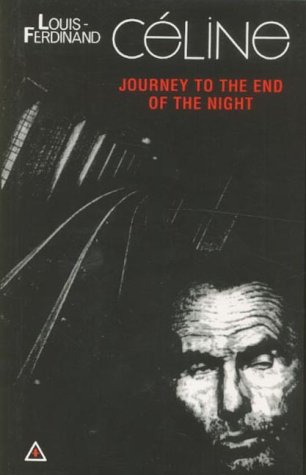 LOUIS FERDINAND CELINE � �Journey to the End of the Night�
LOUIS FERDINAND CELINE � �Journey to the End of the Night�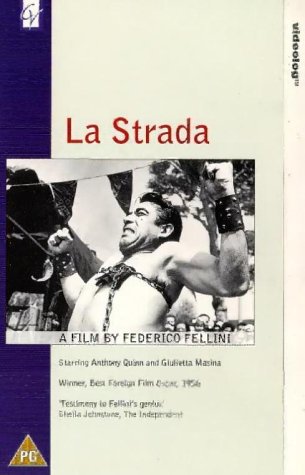 FEDERICO FELLINI'S 'LA STRADA'
FEDERICO FELLINI'S 'LA STRADA'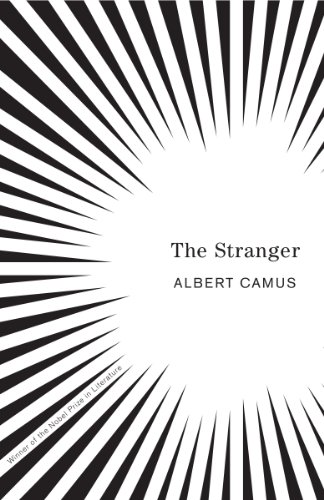 ALBERT CAMUS - The Stranger
ALBERT CAMUS - The Stranger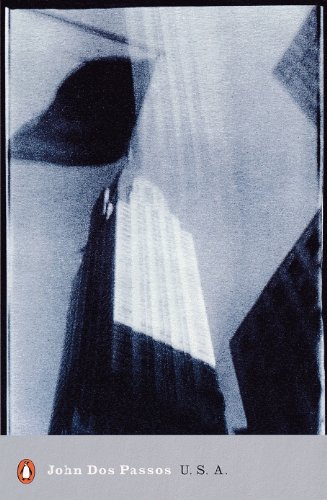 JOHN DOS PASSOS - USA Trilogy
JOHN DOS PASSOS - USA Trilogy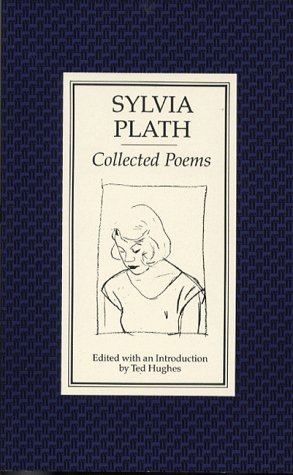 SYLVIA PLATH - Daddy
SYLVIA PLATH - Daddy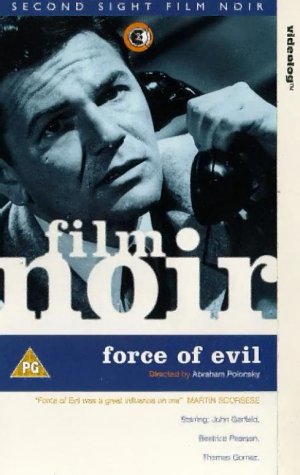 FILM NOIR - Force of Evil
FILM NOIR - Force of Evil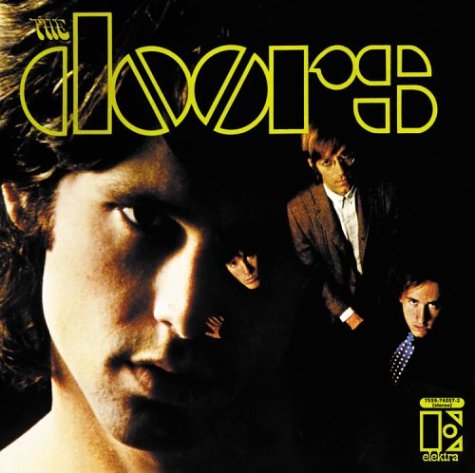 60's SONG - 'The End' - The Doors
60's SONG - 'The End' - The Doors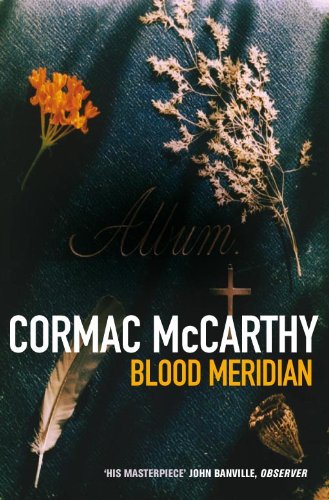 APOCALYPTIC NOVEL - 'Blood Meridian' - Cormac McCarthy
APOCALYPTIC NOVEL - 'Blood Meridian' - Cormac McCarthy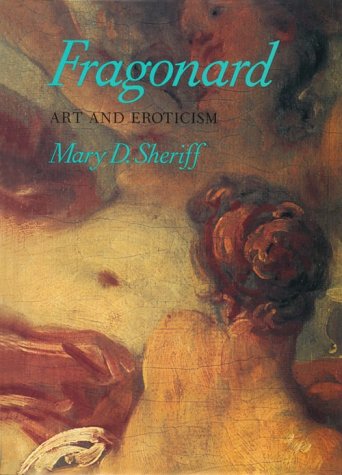 FRENCH ARTIST - Jean-Honore Fragonard
FRENCH ARTIST - Jean-Honore Fragonard 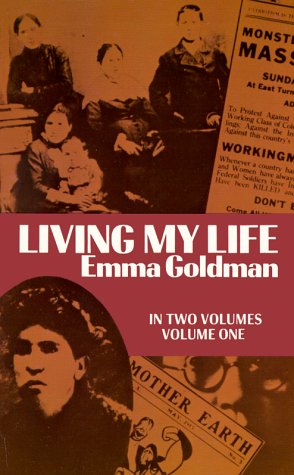 REVOLUTIONARY AUTOBIOGRAPHY - 'Living My Life' - Emma Goldman
REVOLUTIONARY AUTOBIOGRAPHY - 'Living My Life' - Emma Goldman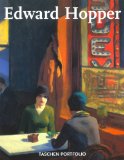 AMERICAN ARTIST - Edward Hopper
AMERICAN ARTIST - Edward Hopper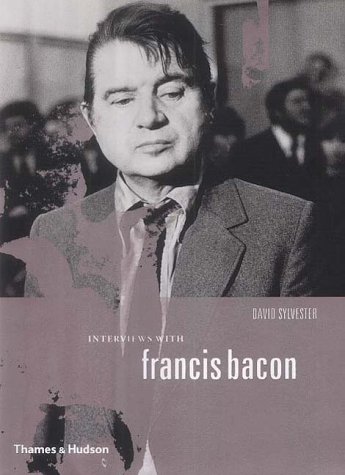 20th CENTURY PAINTING - 'Painting 1946' - Francis Bacon
20th CENTURY PAINTING - 'Painting 1946' - Francis Bacon